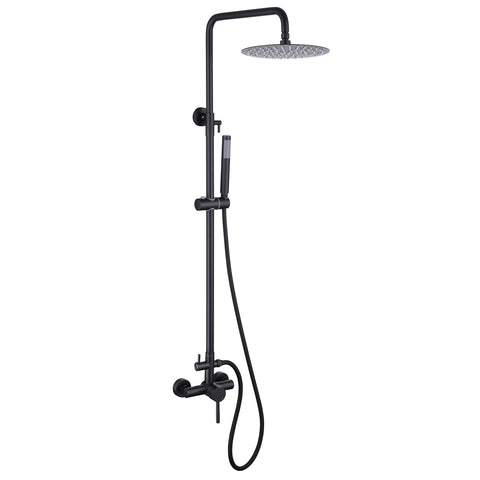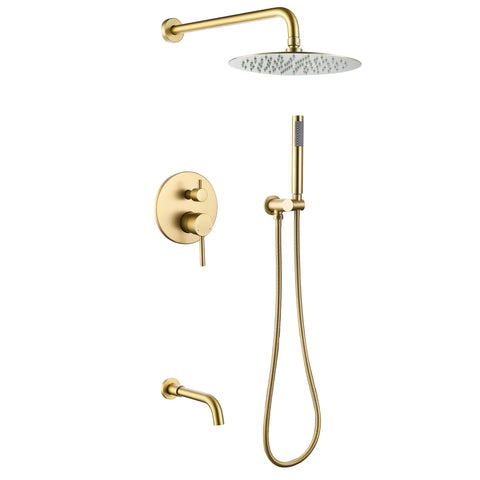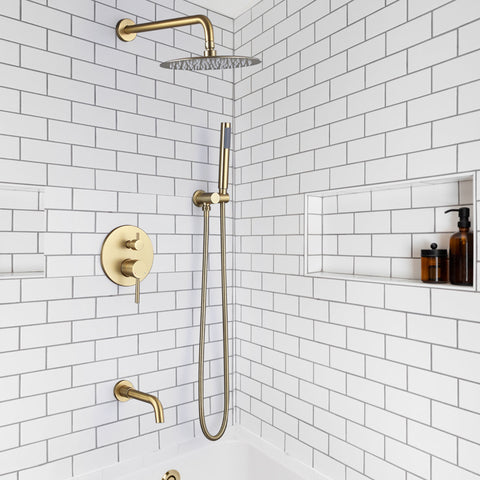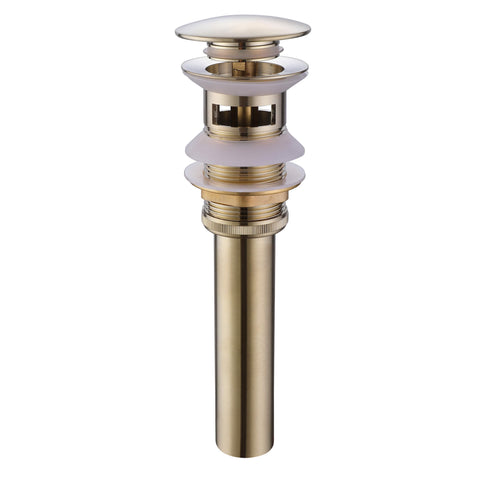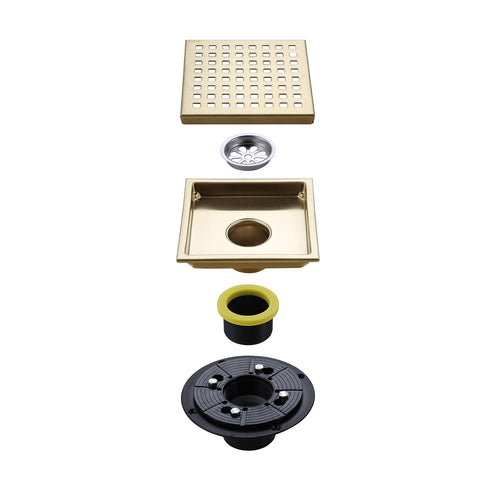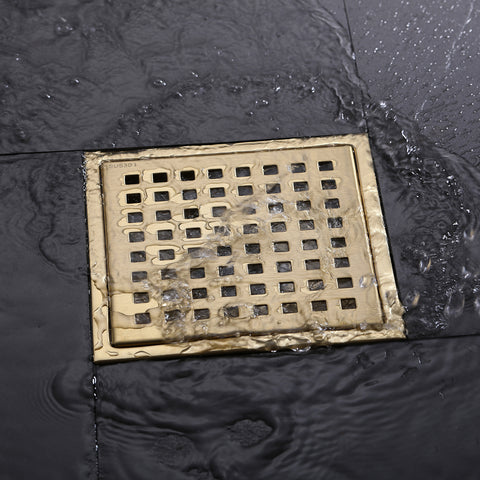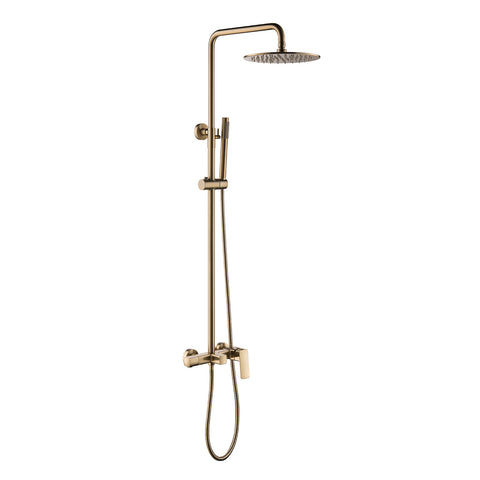Is It Safe to Shower During a Thunderstorm? What You Need to Know
As thunder rumbles in the distance and dark clouds gather overhead, you might find yourself wondering whether it's safe to take a shower during a thunderstorm. After all, we've all heard the warnings about not using electrical appliances during a thunderstorm, and a shower can certainly be an electrified environment. In this blog post, we'll explore the science behind the common advice and whether or not it's safe to take a shower when the elements are at their wildest.
Understanding the Concerns
The primary concern about taking a shower during a thunderstorm revolves around the potential risk of being electrocuted due to lightning strikes. When lightning strikes a building, the electricity can travel through the plumbing and wiring, potentially causing harm to anyone using water-related appliances, including showers. This concern is not unfounded, as there have been cases of lightning-related accidents involving plumbing and electrical systems.
The Science Behind the Caution
Lightning is a powerful natural force that can travel through various conductive materials, including metal plumbing pipes and electrical wiring. When lightning strikes a building, it follows the path of least resistance, which can include your home's plumbing system. If you're in the shower during a thunderstorm, the water can act as a conductor, and the electrical current from a lightning strike could potentially travel through the pipes and enter the bathroom, putting you at risk.
Is It Safe to Shower During a Thunderstorm?
While the risk of being struck by lightning while taking a shower is relatively low, it's not entirely impossible. To minimize the risk and ensure your safety during a thunderstorm, it's advisable to take the following precautions:
- Wait it Out: If you hear thunder or see lightning, postpone your shower until the storm has passed. Lightning can strike even before rain starts or after it ends, so exercise caution and be patient.
- Unplug Electrical Appliances: To reduce the risk of electrical accidents, unplug bathroom appliances like hairdryers or curling irons during a storm.
- Avoid Contact with Water: Don’t touch taps, faucets, or plumbing fixtures during the storm to minimize the risk of electric shock.
- Use Battery-Powered Devices: If you need weather updates or to stay in touch, rely on battery-operated devices like radios or flashlights.
- Consider a Lightning Rod: Installing a lightning rod on your home can help direct strikes safely into the ground, reducing risks during a thunderstorm.
Conclusion
While the chances of being struck by lightning while showering during a thunderstorm are low, it's always better to err on the side of caution. The potential risks associated with using water and electrical appliances during a storm make it wise to postpone your shower until the weather clears. By following these safety tips and understanding the science behind the concerns, you can protect yourself and enjoy a refreshing shower once the skies are calm. Remember: safety should always be your priority during unpredictable and potentially dangerous weather conditions.
